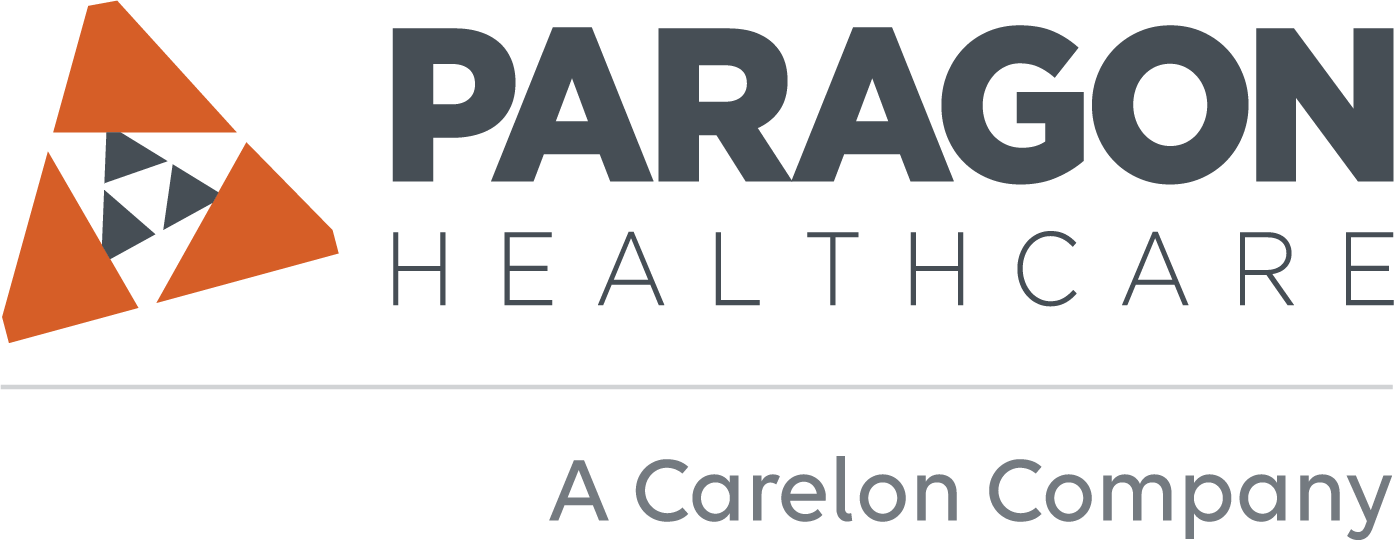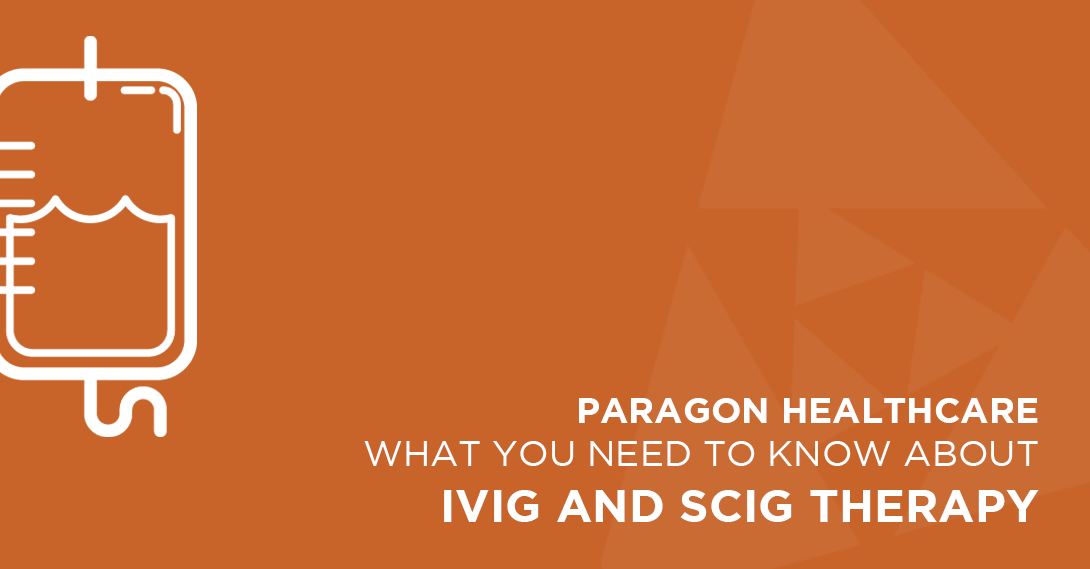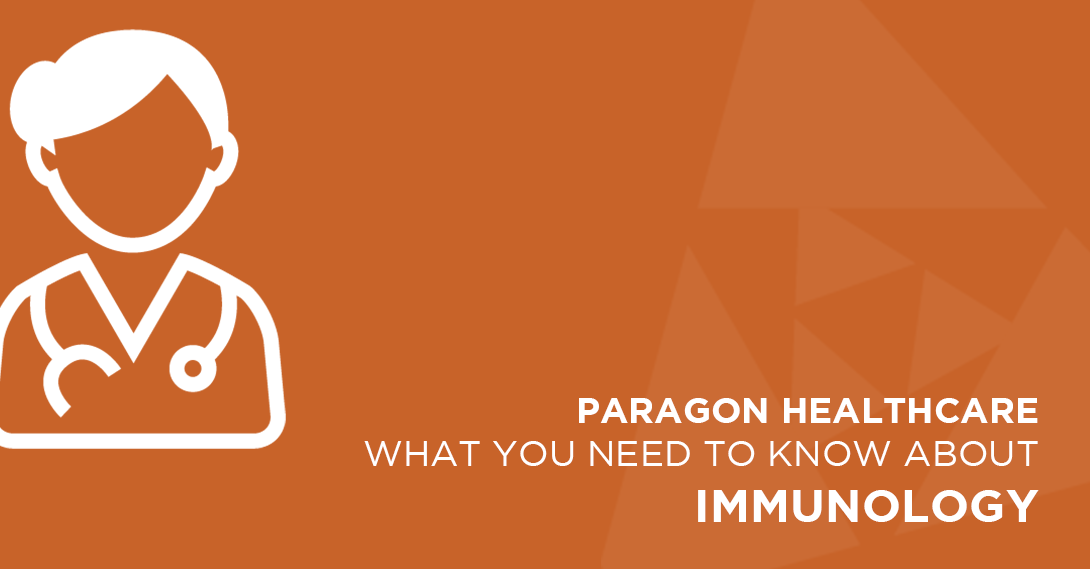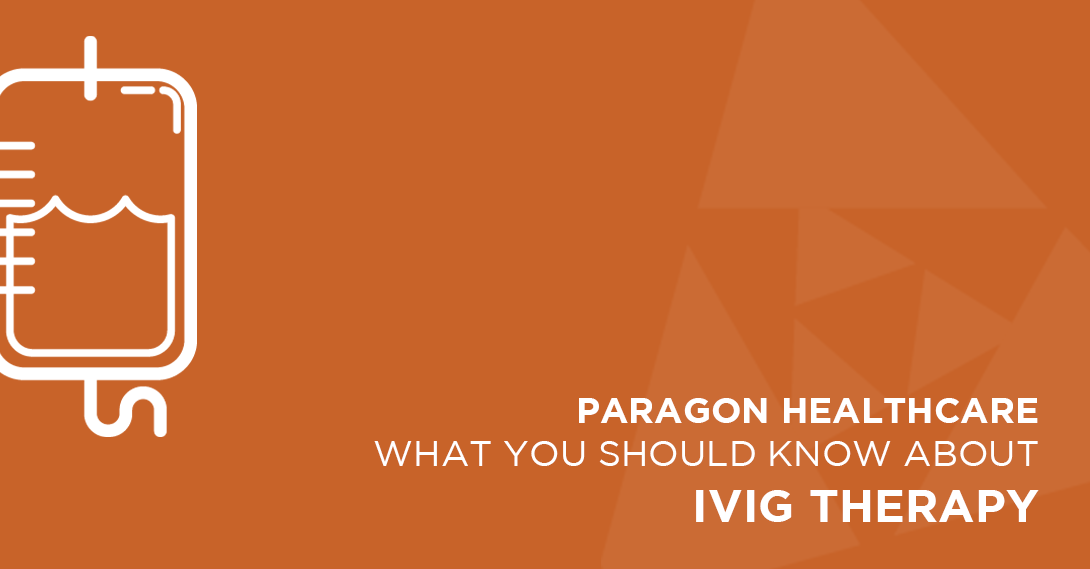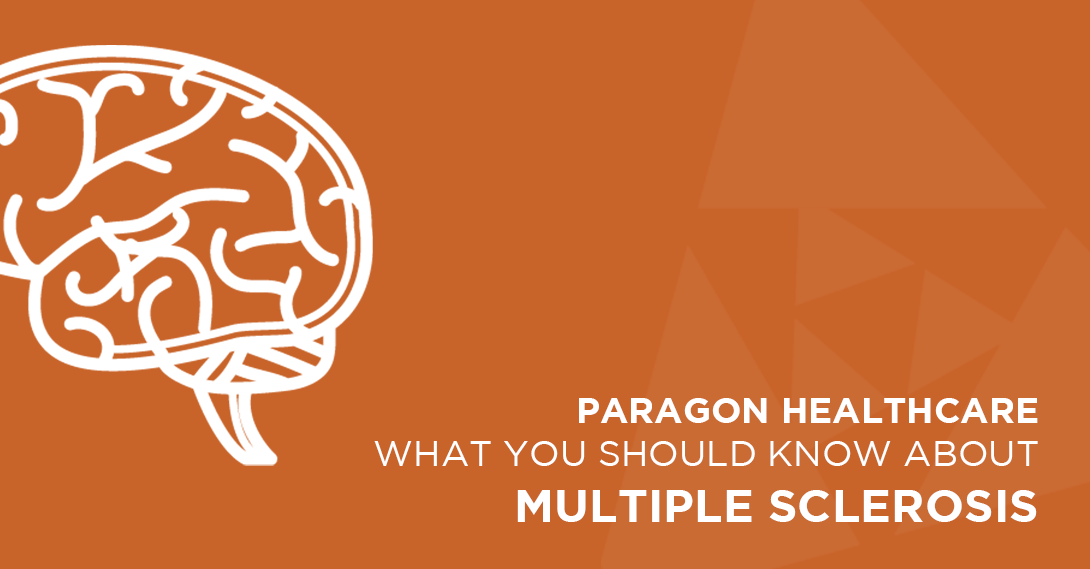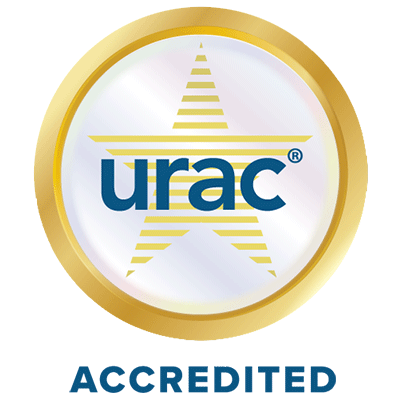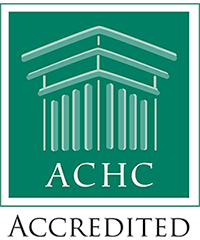IVIG vs. SCIG
Both IVIG and SCIG are life-saving and life-giving therapies that are composed of the same "immune globulin" medication but are administered in different ways. Immunoglobulin (Ig) replacement therapy is one of the most important and successful therapies for people with primary immunodeficiency diseases (PI), specifically for those who are antibody deficient, as well as various autoimmune disorders. The therapy is both lifesaving and lifelong, and it plays a huge role in the lives of many people with PI and autoimmune diseases.
What does IVIG stand for? Intravenous immune globulin. Intravenous (IV) therapies are administered into a vein. What does SCIG stand for? Subcutaneous immune globulin. Subcutaneous (SC or SubQ) therapies are administered under the skin, such as an injection. Both methods are effective but are prescribed for different reasons. A patient’s physician will carefully consider their medical situation, medical history, response to treatment, compliance with therapy, and lifestyle to determine whether IV or SC will be a better option for them.
Ig is a tested and safe solution made from human plasma containing antibodies. This therapy is used to protect patients who cannot fight infections due to the low production of antibodies or someone whose immune system is attacking their body’s healthy cells. Ig is prepared from blood donated by thousands of people, creating a super-concentrated collection of antibodies capable of warding off viruses and/or bacteria.
At Paragon, we strive to be at the forefront of change to continue to serve our patients to the best of our ability. For over 15 years, we have specialized in infusion therapy to treat hundreds of different diseases, conditions, and diagnoses. Our heart is to make treatment easier for patients, which is why we make it possible for our patients to receive their IVIG and SCIG treatment in the comfort of their own home.
We offer multiple site-of-care options for our IVIG and SCIG patients, including treatment in the home setting. We also have infusion centers that allow our patients to receive the treatment they need under the care of our highly trained team of Registered Nurses and Nurse Practitioners. Patients will also soon be able to receive IVIG treatment at certain Paragon Pharmacy locations with infusion suites.
Most people tolerate IVIG and SCIG therapy well with minor side effects following injection or infusion. Some side effects may include:
- Headache
- Chills
- Nausea
- Flu-like symptoms
The body is designed to make enough antibodies to fight germs that cause infections, but if there is an immune deficiency causing the body not to make enough, the risk of infection increases.
What conditions are treated with IVIG or SCIG?
- Primary Immunodeficiency
- Kawasaki Disease
- Guillain-Barre Syndrome
- Chronic Inflammatory Demyelinating Polyneuropathy
- Lupus
- Myositis
- Myasthenia Gravis
- Multiple Sclerosis
- Rheumatoid Arthritis
- HIV-infection
- Asthma
- And more
What IVIG and SCIG drugs are available?
- Asceniv (Pro) – IVIG
- Vivaglobin (Pro) – SCIG
- Cuvitru – SCIG
- HyQvia – SCIG
- Gamunex-C (Pro) – IVIG or SCIG
- Octagam (Pro) – IVIG
- Gammagard Liquid (Pro) – SCIG or IVIG
- Gammagard S/D – IVIG
- Gammaked – SCIG or IVIG
- Hizentra (Pro) – SCIG
- Privigen (Pro) – IVIG
- Bivigam (Pro) – IVIG
- Carimune NF (Pro) – IVIG
- Cutaquig – SCIG
- Flebogamma (Pro) – IVIG
- Gamimune – IVIG
- Gammaplex (Pro) – IVIG
- Gammar-P I.V. – IVIG
- Panyzga – IVIG
- Xembify – SCIG
If you or a loved one are seeking a healthcare company that puts people first, focusing on comfort and specializing in infusion care, tell your provider that you want to join the Paragon family. We’ll handle the rest of the referral process and reach out to you directly to follow up.
For more information about Paragon Healthcare, visit our website at https://paragonhealthcare.com/.
Resources:
Immune Deficiency Foundation: IDF, founded in 1980, is the national nonprofit patient organization dedicated to improving the diagnosis, treatment, and quality of life of persons with primary immunodeficiency diseases (PI) through advocacy, education, and research. www.primaryimmune.org
American Academy of Allergy, Asthma, and Immunology (AAAAI): AAAAI is a professional organization for physicians who treat patients with allergies, asthma, and immunologic disorders. The organization provides a worldwide referral system for physicians in various geographical regions. www.aaaai.org
American Academy of Pediatrics: AAP is a professional organization for pediatricians. It is committed to the attainment of optimal physical, mental, and social health and well-being for all infants, children, adolescents, and young adults. www.aap.org
Center for Biologics Evaluation and Research, FDA: A division of the Food and Drug Administration (FDA) whose mission is to protect and enhance public health through the regulation of biological products to ensure their safety, effectiveness, and timely delivery to patients. This agency provides information on biological products, such as blood and plasma, including new product approvals, adverse events, product recalls, and withdrawals. www.fda.gov/BiologicsBloodVaccines
National Organization for Rare Disorders: The National Organization for Rare Disorders (NORD) is a nonprofit organization that provides information, programs, and services for thousands of rare medical conditions, including primary immunodeficiencies. www.rarediseases.org
